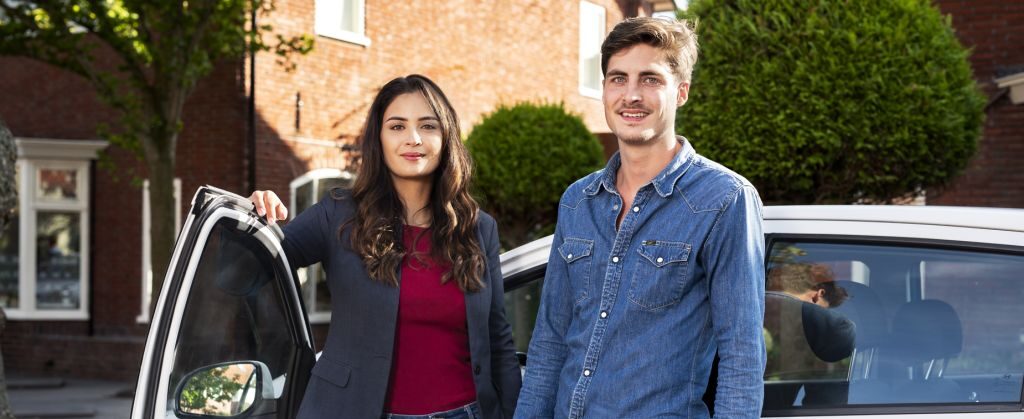Settle into TopDutch
The TopDutch region is where future living meets generations of heritage, iconic natural landscapes surround bustling urban cities, and challenging careers are balanced with enviable down-time. That’s why more and more internationals are choosing to make TopDutch their home. Here’s your guide to settling into life in the TopDutch region.
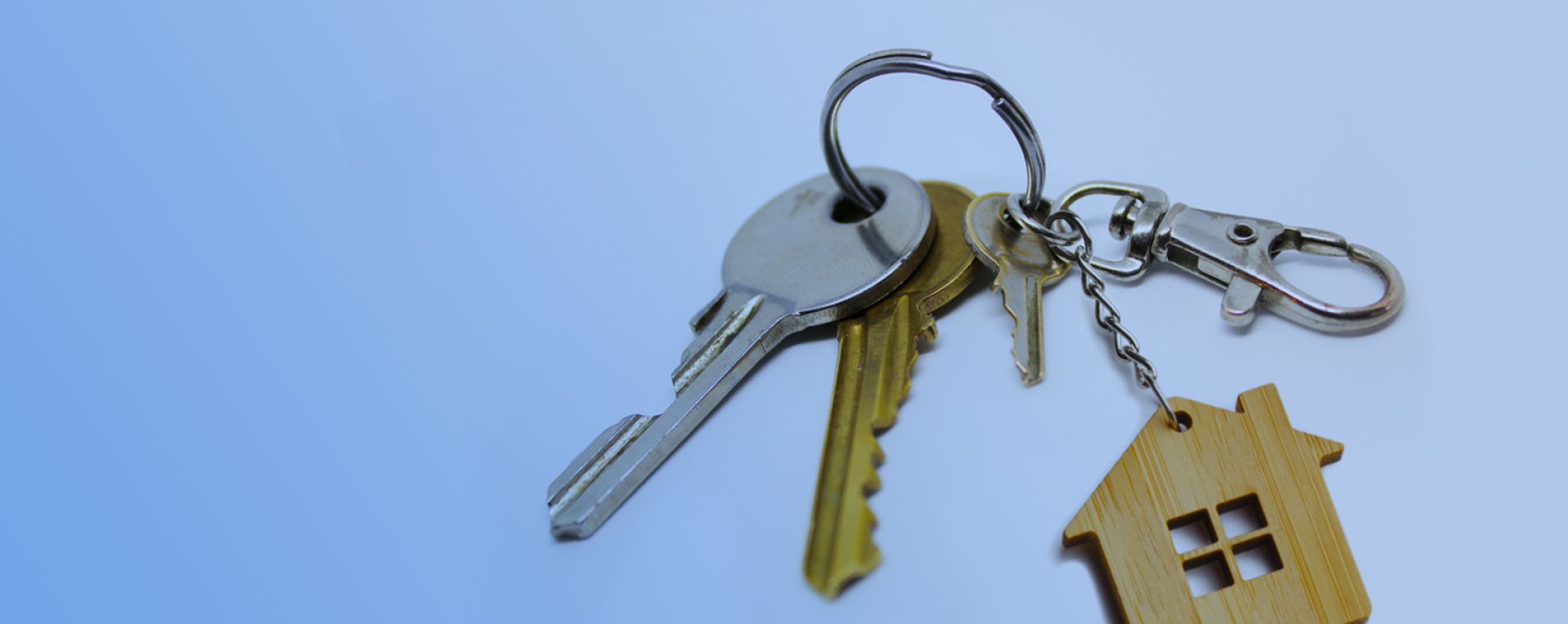
Housing in TopDutch
Whether you’re looking to rent or to buy, there’s a few things to keep in mind when searching for a home in the TopDutch region. We’ve summarized them for you.
Read more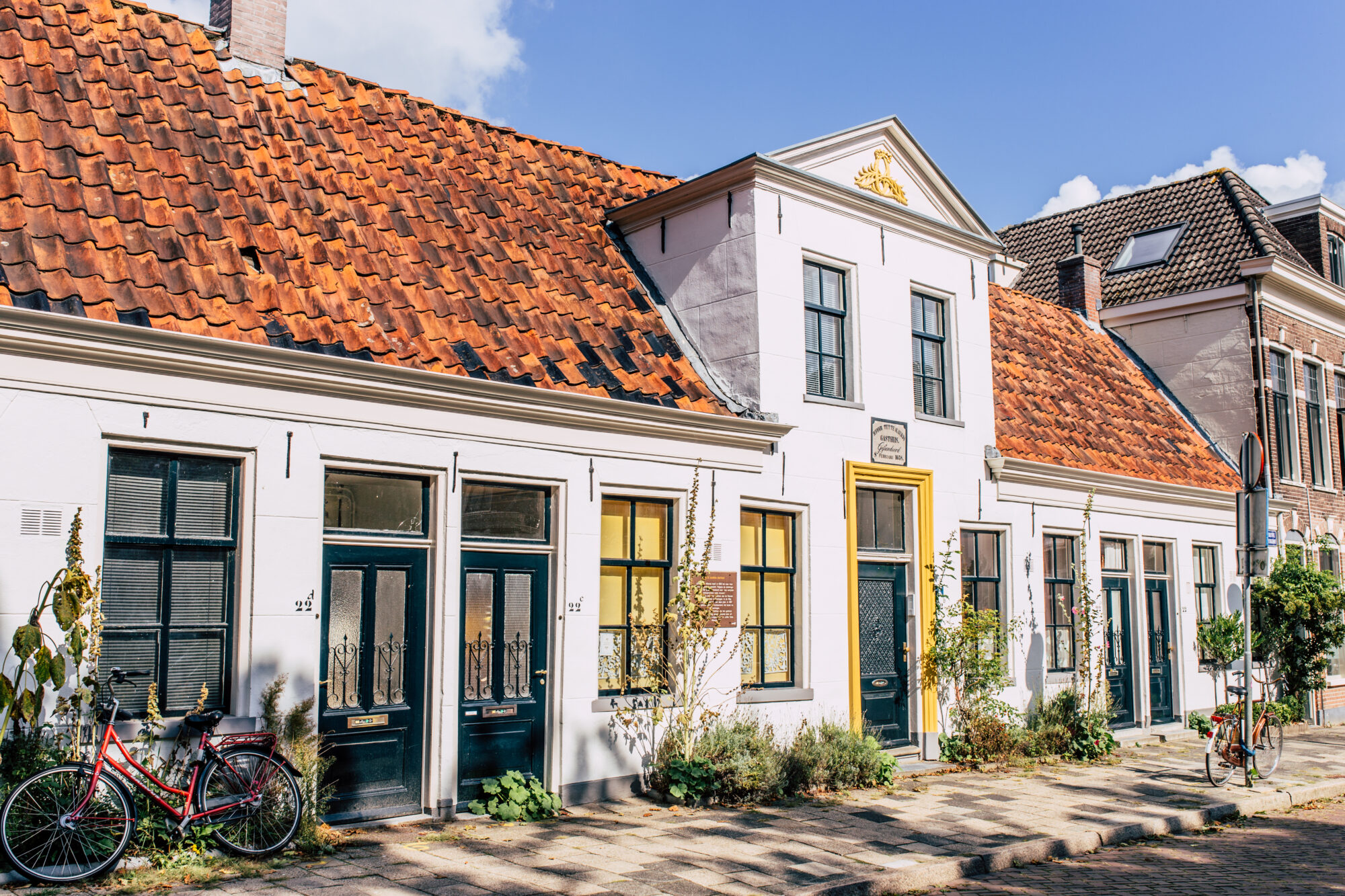
Costs of living for expats
The TopDutch region boasts one of the lowest costs of living in the Netherlands, whilst maintaining a great quality of life. Still there’s some costs you shouldn’t forget about.
Read more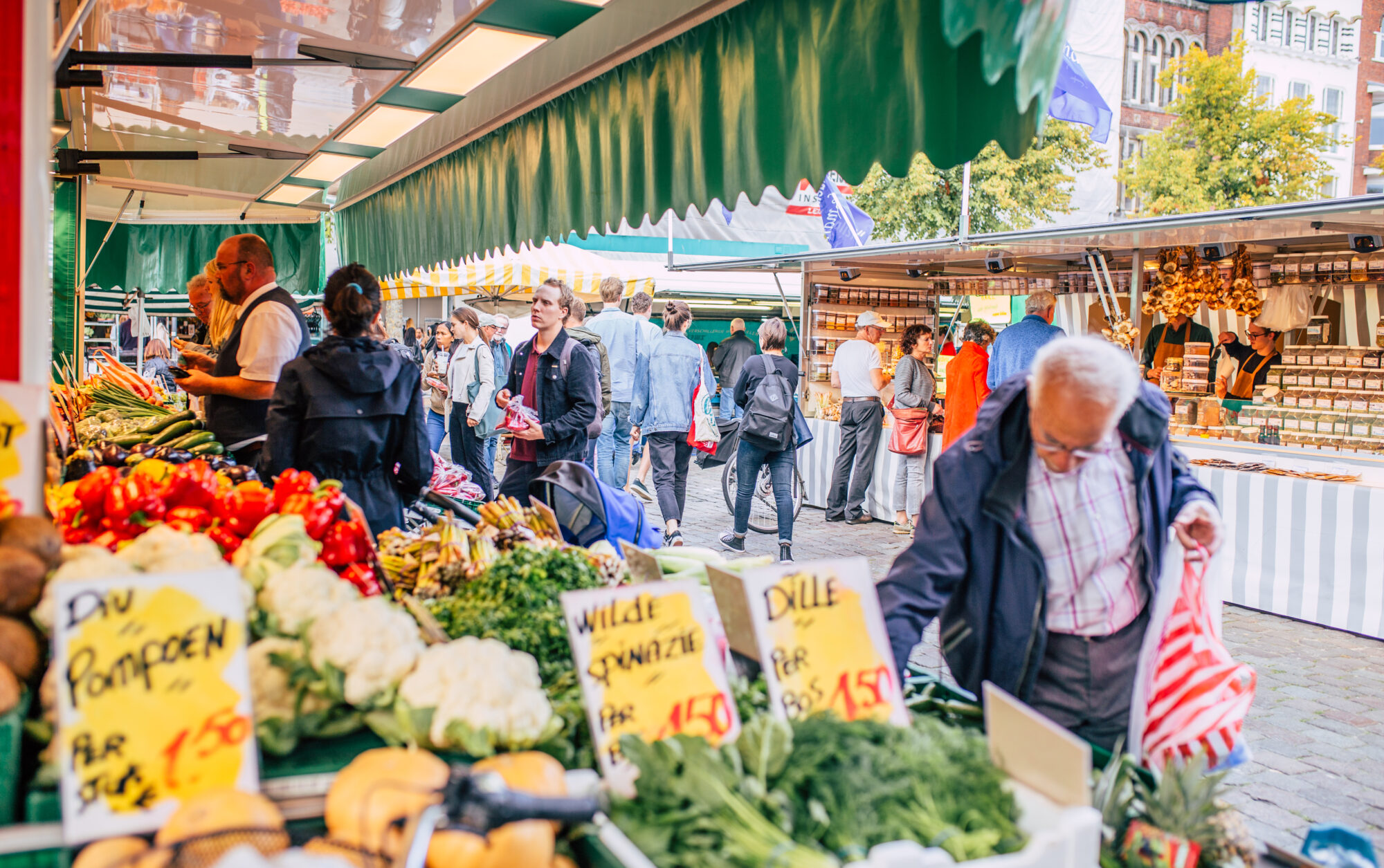
Healthcare
Your health matters. The Netherlands has one of the best healthcare systems in the world, but it’s important you know how it works before you arrive. Here’s your guide.
Read more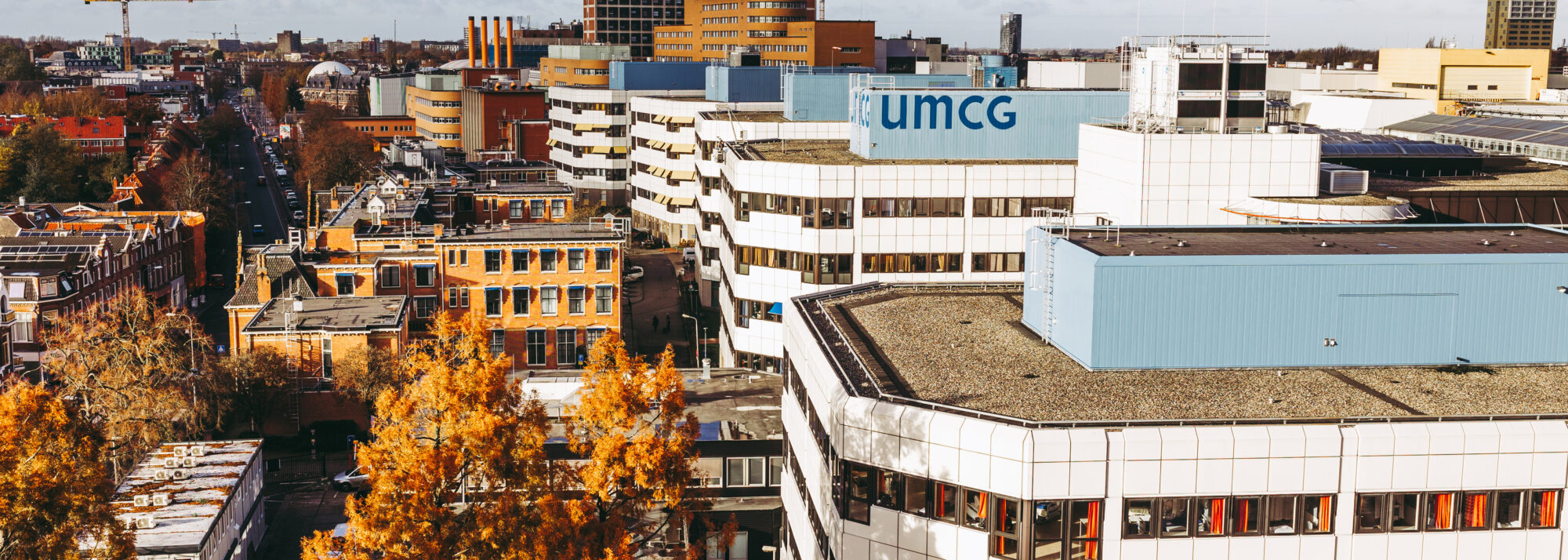
Legal matters
Legal systems can be confusing. Here are the most important points to keep in mind about TopDutch law.
Read more
Insurance
Different countries have different customs around insurance. Here’s what you need to know about insurance in the Netherlands.
Read more